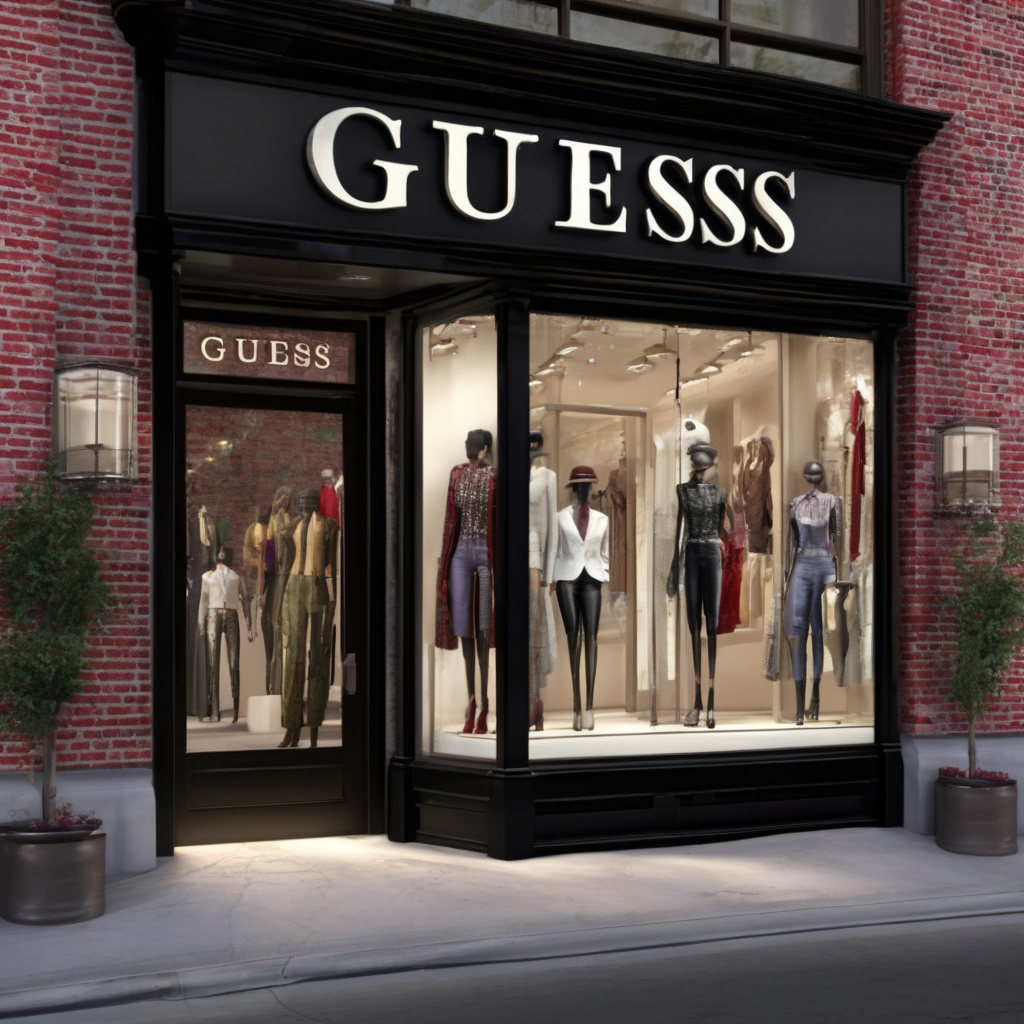Guess Announces Intention To Close 20 ‘Underperforming’ Stores
In a strategic move following disappointing earnings in 2025, Guess, the well-known fashion retailer, has announced intentions to close 20 underperforming stores across North America. This decision reflects a broader trend in the retail industry, where brands are reassessing their physical footprints in response to changing consumer behaviors and economic pressures.
The announcement comes on the heels of a challenging financial year for Guess, with profits falling short of expectations. Despite the brand’s iconic status and a loyal customer base, the shift towards e-commerce and the changing landscape of retail have compelled Guess to rethink its approach. According to company reports, the closures will primarily affect locations that have consistently underperformed in terms of sales and foot traffic.
Retail analysts have long noted that physical stores are not just places to sell products; they serve as brand ambassadors in the marketplace. However, as e-commerce continues to dominate, retailers face the challenge of maintaining a balance between brick-and-mortar establishments and online operations. Guess’s decision to close stores aligns with a growing recognition that not all locations can sustain profitability in the current retail environment.
The closures will particularly impact cities that have seen a decline in retail foot traffic, influenced by factors such as economic downturns and shifts in consumer shopping preferences. For instance, urban areas that once thrived on high footfall are now witnessing a significant decline as consumers increasingly prefer the convenience of online shopping. By closing underperforming stores, Guess aims to redirect resources toward more profitable locations and enhance its online presence.
This strategic pivot is not unique to Guess; several major retailers have adopted similar strategies in recent years. Companies like J.C. Penney and Macy’s have also closed stores in response to declining sales, showcasing a trend toward a more streamlined and efficient operational model. The retail landscape has changed dramatically, and brands must adapt to survive.
Moreover, closing stores does not merely serve as a cost-cutting measure; it also allows Guess to focus on enhancing the customer experience in its remaining locations. By consolidating operations, the company hopes to allocate more resources to improving store layouts, increasing inventory efficiency, and enhancing customer service. This strategy aims to provide a more compelling shopping experience that can entice customers to visit stores rather than shop online.
In the context of the overall retail market, Guess’s decision to close underperforming stores is a reflection of the ongoing transformation in consumer habits. The rise of e-commerce has not only reshaped shopping behaviors but has also altered how brands interact with their customers. Enhanced digital marketing strategies, personalized shopping experiences, and efficient logistics are becoming paramount in retaining customer loyalty.
Additionally, Guess’s focus on strengthening its online presence aligns with broader industry trends. As more consumers turn to online shopping, brands need to invest in digital platforms to capture market share. By reallocating resources from closing physical locations, Guess can enhance its e-commerce capabilities, improve website functionality, and implement targeted marketing campaigns that resonate with a digitally savvy audience.
While the announcement of store closures may initially signal a setback for Guess, it also presents an opportunity for renewal and growth. By addressing the challenges posed by a changing retail environment, the company can position itself for future success. Furthermore, the decision to close underperforming stores reflects a commitment to long-term sustainability rather than a short-sighted response to immediate financial pressures.
In conclusion, Guess’s plan to close 20 underperforming stores is a necessary step in adapting to the evolving retail landscape. As the company navigates the challenges of a competitive market, focusing on digital transformation and enhancing customer experience will be essential for ensuring continued relevance. The retail industry will undoubtedly witness further changes in the coming years, and brands that proactively respond to these shifts will be the ones to thrive.
retail news, Guess stores, e-commerce strategy, business trends, store closures
